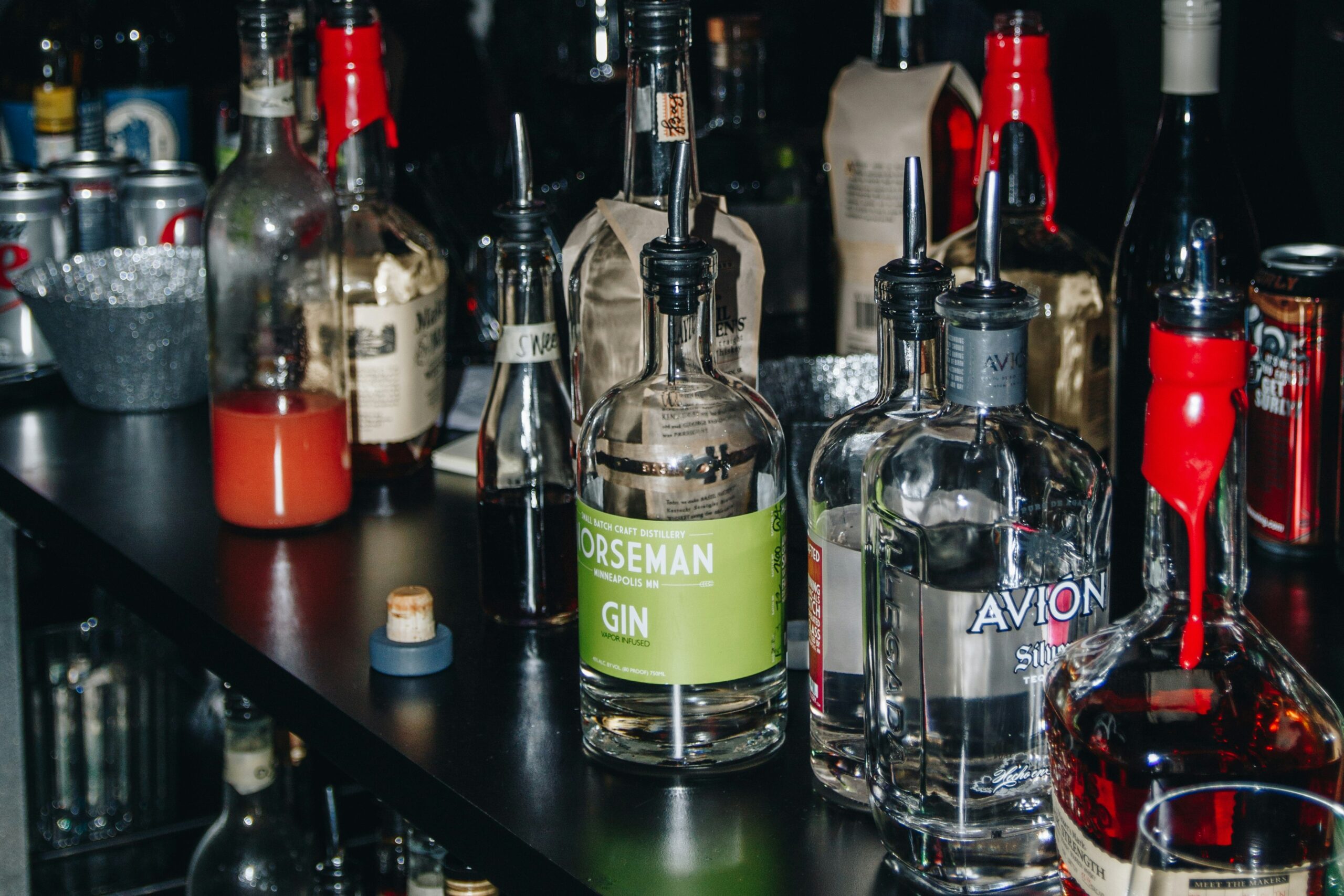By Charalmpos Karouzos,
Europe holds a paradoxical position when it comes to alcohol; it boasts one of the richest cultural traditions around wine, beer, and spirits while at the same time bearing the unenviable title of the region with the highest alcohol consumption worldwide. Despite well-defined targets and an ever-growing body of alcohol-related harm, Europe is not again on track to meet its reduction goals. In fact, recent data and public health evaluations suggest that progress has been slow and uneven, and contrary to common belief not attributed to public habit but largely occurring due to geopolitical tensions, insufficient regulation, and persistent lobbying from the powerful alcohol industry.
In 2019, the average adult in the European Union consumed 11.0 liters of pure alcohol annually. This figure, while showing a minimal decrease from 11.1 liters in 2010, falls significantly short of the 10% reduction target set by the European Framework for Action on Alcohol 2022–2025. Notably, six EU member states actually recorded an increase in consumption during this period, revealing how fragile and inconsistent progress has been across the continent according to 2024 data from the WHO.
The implications of these numbers are not abstract, as alcohol still remains a leading cause of preventable disease and death across Europe, responsible for over 239,000 deaths in the EU in 2019 alone. It is tightly linked to more than 200 health conditions, including cancer, cardiovascular diseases, liver cirrhosis, mental health disorders, with the safe consumption limit being zero, contrary to circulating misleading information. Alarmingly, the WHO stated in 2025 that, in the cradle of Western civilization and culturally foundational Europe, one in four deaths among young adults aged 19 to 24 is attributable to alcohol. The terrifying statistic forced WHO Europe to take urgent action launching the European Health Alliance on Alcohol in May 2025, a coalition of health professionals and organizations that aims to reduce the massive toll of alcohol-related harm through advocacy and evidence-based policymaking. Their recommendations differently from previous minimally successful approaches, are grounded in proven public health strategies including taxation, restrictions on availability and marketing, health labeling, and improved treatment services.

However, implementing these measures remains a challenge, as one of the biggest barriers is the sheer influence of the alcohol industry in shaping national policies. Frank Murray of the European Association for the Study of the Liver (EASL) emphasized that “alcohol-related harm is not a personal failing but the result of governments failing to enact policies proven to work.” From France’s subsidization of its wine industry to the complete lack of taxation on wine in 20 European countries, the economic and cultural entrenchment of alcohol continues to stall reform (The Lancet Oncology, 2024).
Even modest proposals such as mandatory health labeling have been difficult to enforce. Indeed, as of 2024, only three EU countries, France, Germany, and Lithuania, require health warnings on alcoholic products, and even these are limited in scope. This lack of transparency contributes to widespread ignorance about alcohol’s risks, summarized in a 2022 review of studies across 18 EU nations that found that fewer than half of participants could identify alcohol as a cause of cancer (Rehm et al., 2023). Is hiding the facts and limiting preventable deaths a policy that aligns with EU’s core values or simply a requirement set from the lobbying partner?
However, the politics of alcohol regulation extend the sphere of influence of regional economics and politics being further complicated by the current geopolitical instability. The aftermath of the COVID-19 pandemic, combined with rising populism and economic uncertainty, has shifted national priorities away from effective but electorally risky preventive health measures. In many EU countries, governments are hesitant to antagonize powerful domestic industries and introduce policies perceived as unpopular. A delay in action not without cost, estimated by the WHO to cost 800,000 lives annually in the European Region due to alcohol consumption (WHO, 2025). Shall we raise a glass for such an achievement?
Nonetheless, some countries have shown that change is possible, with Lithuania, Latvia, and Estonia, implementing comprehensive alcohol policies between 2016 and 2019, including higher taxes and restricted sales hours, which led to immediate reductions in consumption and alcohol-related mortality. These cases offer a blueprint for others, proving that even within a single political term, a period considered very short to rewrite the collective public decision in such a matter, showing that meaningful results can be achieved when governments prioritize public health over industry pressure, and political gain.
Research has provided strong evidence that economic intervention is especially strong in forcing change, with alcohol price increasing being the most effective way to curb consumption. Yet, in most European countries, the addictive and psychoactive drug, alcohol, remains relatively affordable, partly due to low taxation which makes up less than 15% of the retail price in many EU states; a sharp contrast to tobacco, where up to 75% of the cost comes from taxes. (The Lancet Oncology, 2024). This price gap represents the undoubtable political influence and simultaneously the critical opportunity for reform.

Moreover, the focus of European Health Alliance on Alcohol has shifted in protecting especially young people and adolescents, which face disproportionate risks. Ann de Guchtenaere of the European Academy of Pediatrics summarized this issue in a recent statement that “We must not let another generation of children be harmed by alcohol“. In a region where alcohol causes one in four deaths among young people, this is not merely a moral imperative, it’s a public health emergency.
Despite mounting evidence, the road to policy reform is riddled with contradictions, as alcohol is deeply woven into Europe’s social fabric and economy, often seen more as a cultural commodity than a public health threat. This perception is one of the greatest obstacles to change with Jürgen Rehm, a leading alcohol researcher, warning that “many countries have come to see alcohol-related mortality as a normal state of affairs.” The normalization dulls the political urgency needed to enact lifesaving interventions.
Ultimately, Europe stands at a crossroads, as the tools to reduce alcohol-related harm are well-established, affordable, and effective, however what is lacking is the political will to implement them broadly and consistently. The lack of moral conviction and the unwillingness to confront a powerful industry, forces European citizens to pay a steep price in lives, productivity, and public health. It’s on the EU’s obligations towards people to let them know how many lives does a deadly cultural heritage and political lobbying cost.
References
- World Health Organization. Alcohol, Health and Policy Response in the EU. WHO Europe, 2024.
- Burki, Talha. “Poor Progress on Reducing Alcohol Consumption in Europe.” The Lancet Oncology, vol. 25, Sept. 2024, pp. 1120‑1221.
- World Health Organization. European Health Alliance on Alcohol Launched to Reduce the Unsustainable Toll of Alcohol Harms in Europe. WHO Europe. Available here
- Rehm, Jürgen, et al. “Public Knowledge About the Alcohol-Cancer Link in Europe: A Systematic Review.” European Journal of Public Health, vol. 33, no. 6, Dec. 2023, pp. 1128–1147.




